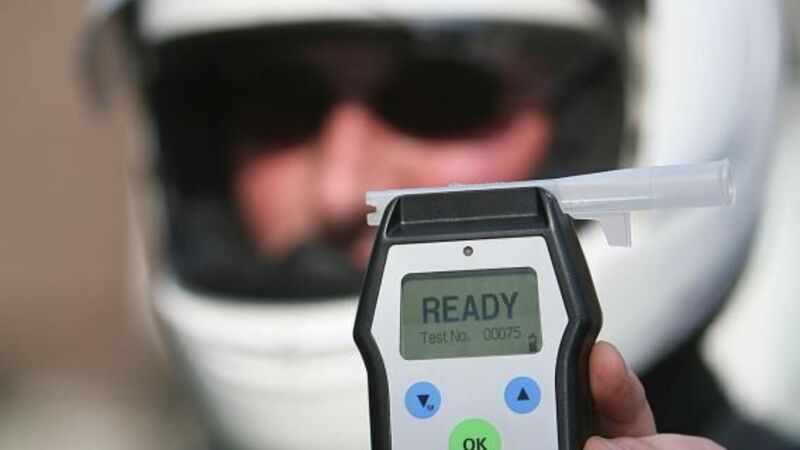Just 40% of drink-drive cases end in conviction

Figures released by the Department of Justice show that, of the more than 20,000 people due before the district courts for drink-driving offences, just 6,700 or 40% were convicted.
For the first five months of 2015, the percentage slumped to 28%.













